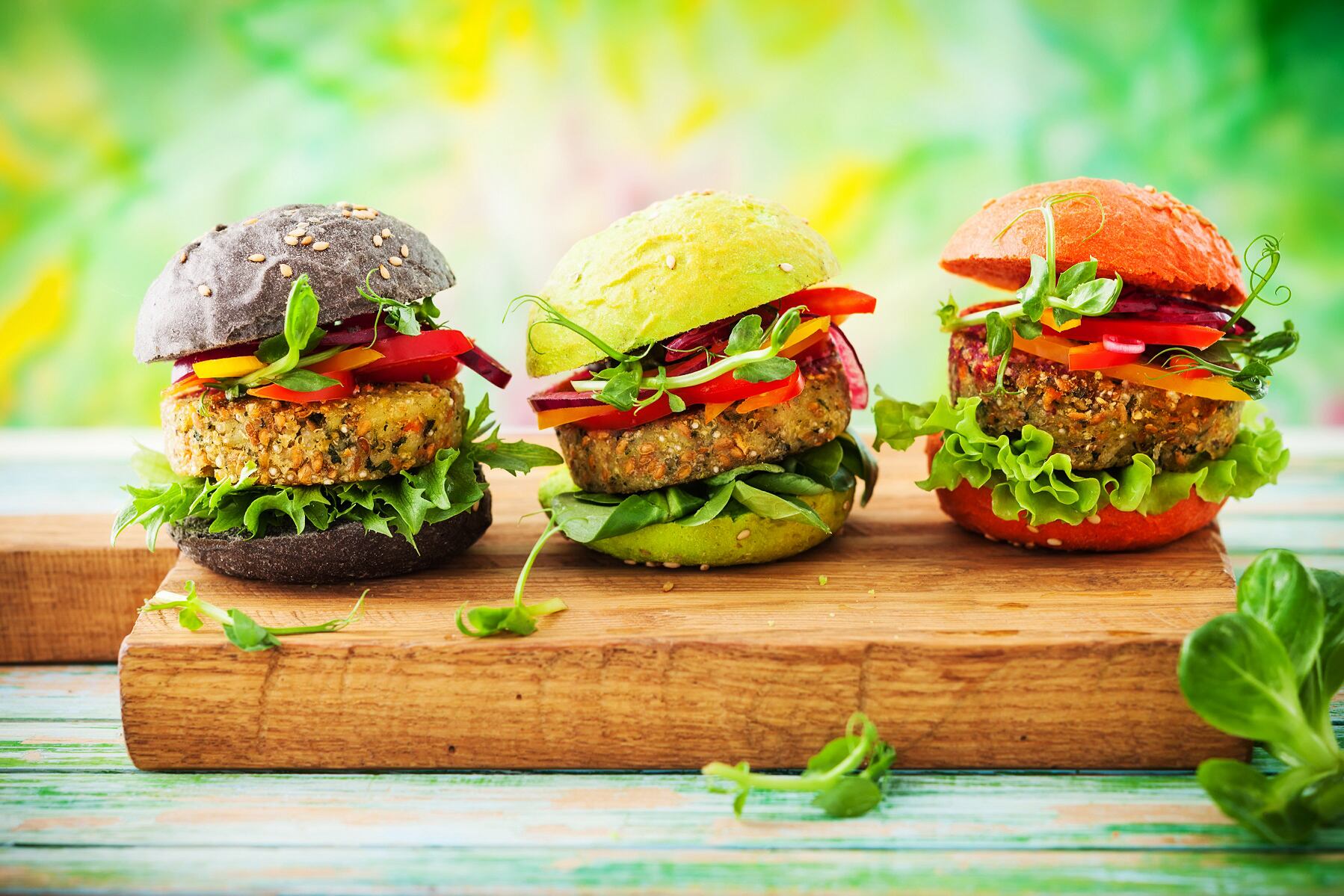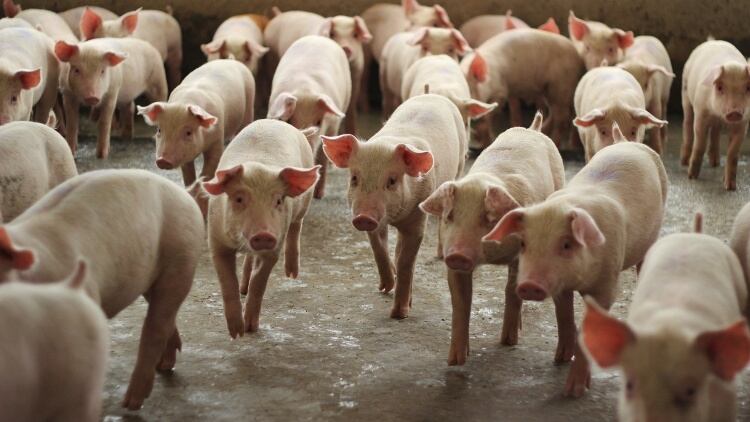The UK has been grappling with widespread food supply shortages over the past year – and eggs are no exception. The egg industry has faced significant issues due to the recent avian flu outbreak and increases to input costs, such as feed and energy.
Many major supermarkets ushered in a period of rationing in response, with Tesco recently committing £10m in support for the egg industry. Meanwhile, given the integral role of eggs in patisseries and bakeries, stock uncertainty and cost fluctuations have had a major impact on production capacity and firms’ bottom line.
However, there are simple ways that manufacturers can overcome this challenge, without having to compromise on quality or price. Plant-based egg alternatives offer a way to reduce or replace egg content in a range of recipes while also possessing benefits such as cost-savings and clean-label confidence.
Laying the foundations for egg alternatives
For British bakers, the ongoing availability of eggs is a significant cause for concern. They are a key ingredient in many recipes and also play a pivotal role in pastry glazing. In fact, eggs typically make up 8% to 10% of a traditional brioche recipe and it’s even higher in cakes – 25% or more.
Low stocks are not the only issue bakers have to contend with as persistent shortages have pushed up the price of eggs, impacting profit margins in the process.
All this is set against a backdrop of consumers limiting their spending. According to recent consumer barometer research by Puratos, 53% of people in the UK are concerned about food prices, while 30% said they are looking to save money on cakes, patisserie and other sweet goods.
Luckily, the bakery industry is known for its resilience, versatility and creativity. This latest economic squeeze has led manufacturers to take action and make the switch to egg alternatives. Demand for these product had seen a steady increase in recent years, but the avian flu outbreak and the cost-of-living crisis has seen their popularity soar.
Don’t overegg the pudding
The ultimate aim when choosing egg alternatives is to retain product quality without sacrificing taste or texture. However, replicating functionality in patisserie applications can be a challenge, as reducing egg content can impact everything from volume, crumb colour and flavour to processability, packaging and labelling.
Furthermore, as consumers become more discerning about the food they eat – 83% of UK respondents to Puratos’ Taste Tomorrow survey say they now read packaging information – egg alternatives must fit with the trend for clean-label solutions.
Working closely with ingredient suppliers, bakers can find the right solution that ticks consumer boxes, without the need for major reformulation. Two clean-label innovations finding success in egg replacement are ACTI egg reducer and Sunset Glaze. The former is an enzyme-based egg replacer for cake recipes, while the latter can be used in place of egg wash in baking and pastry applications. As well as overcoming supply issues, these ingredients can unlock significant cost benefits. ACTI egg reducer can reduce egg content by up to 15%, so saving on recipe costs, and Sunset Glaze has a higher yield than traditional egg wash, glazing up to 10% more baked goods.
Counting the benefits before they hatch
It is not just cost savings and supply chain security that make egg alternatives attractive. For instance, Sunset Glaze is very easy to work with, as it is ready to use and easy to clean. It is completely egg-free, so bakers can also reduce allergens in their products, as well as lower the risk of microbiological contamination. With a unique white colour, bakers can see exactly where the glaze has been applied, simplifying the production process and minimising both wastage and clean-up time. Despite the white colour, sunset glaze bakes clear and offers outstanding shine and colour.
The sustainability aspect of egg wash alternatives is also helping to boost their popularity. For example, life-cycle analysis has found that the environmental impact of Sunset Glaze is 59% lower than pasteurised eggs – which can be a key leveraging tool for manufacturers looking to expand their ‘responsible sourcing’ credentials.
ACTI egg reducer also comes with quality and production advantages and, although it replaces part - not all - of the egg content in a recipe, it can be a stepping stone for businesses looking to gradually switch to fully plant-based products.
Extending beyond eggs
Although eggs are a hot topic of conversation, they are not the only key bakery ingredient to be impacted by reduced raw material availability. For example, the was in Ukraine has put a strain on the supply of sunflower oil, as both countries are top exporters of this commodity globally. As a result, ingredients suppliers and manufacturers are having to innovate and adapt quickly to ensure uninterrupted supply of certain products.
Puratos is always looking to create more sustainable ingredients that minimise supply chain issues. For example, in the wake of the sunflower oil shortage, we quickly and seamlessly switched to an alternative oil for producing Sunset Glaze and developed Sunset Glaze Easy Plus, which is oil free.
Another alternative on the market is ACTI Fat Reduction, which works in a similar manner to its egg reducer counterpart, allowing for up to 30% less oil in a cake recipe. This helps to save on production costs and reduce reliance on butter and oil supply, so manufacturers are less impacted by market instability.
Exciting opportunities on horizon
Although it is unclear how long the UK’s egg supply issues will last, it is clear that the situation has triggered a shift in direction for the bakery industry. Clean label requirements, cost considerations and ethical lifestyles will continue to fuel growth.
As far as possible, alternatives need to be designed as drop-in replacements for eggs, making the transition as simple as possible. With continuous innovation, close collaboration and nudge nutrition, alternatives have every chance of no longer being the egg-ception, but the rule.





